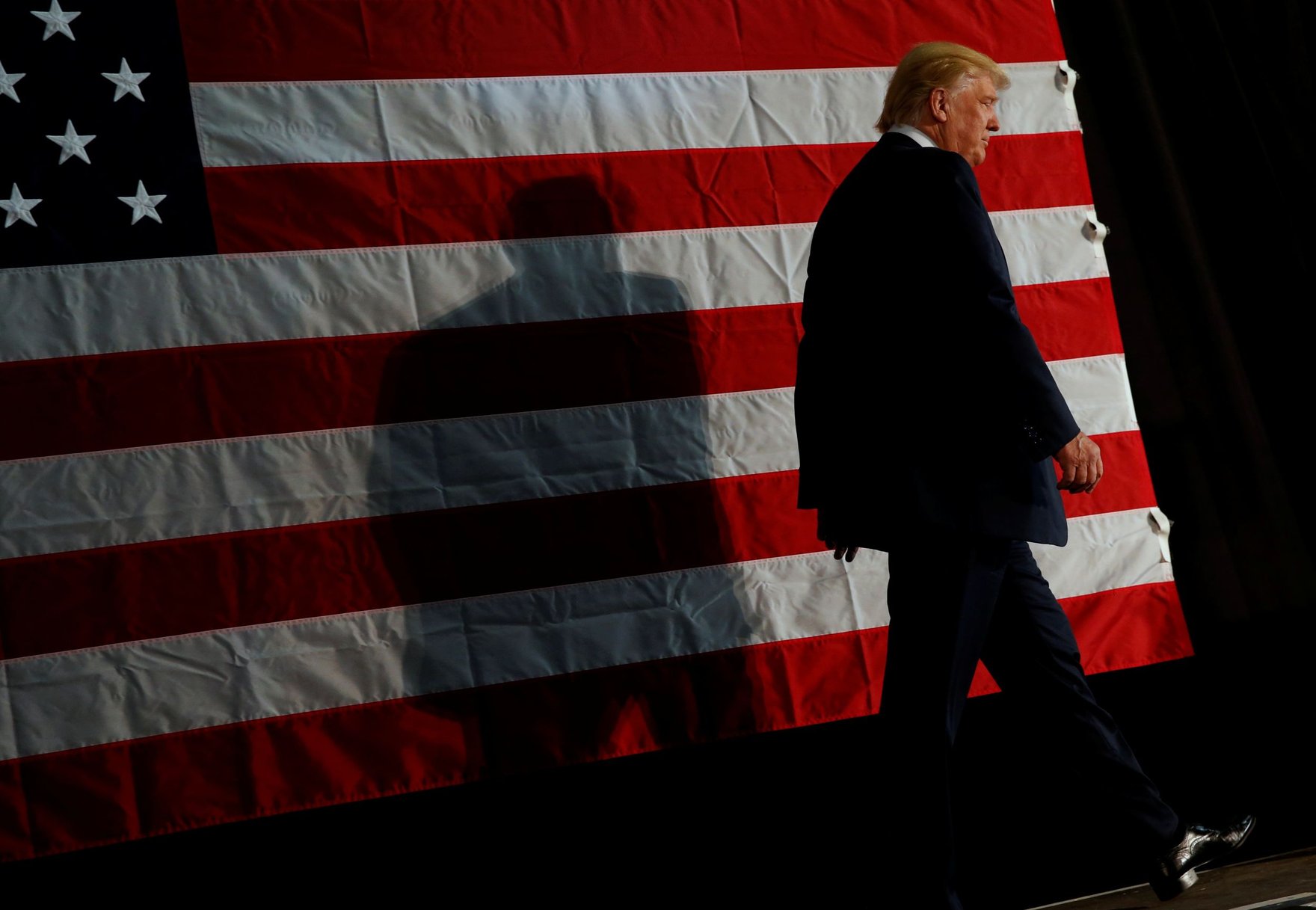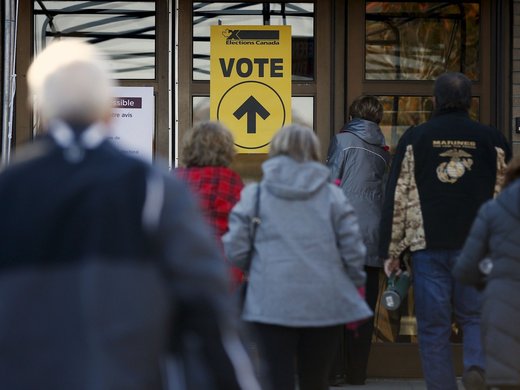This article was first published by The Toronto Star.
From Canberra to London to Ottawa and beyond, politicians and pundits have been delivering wartime speeches calling on ordinary citizens to rally in opposition to the economic attacks that Washington has levelled against them.
In their efforts to explain how the collapse of the postwar order has led us here and predict what might come next, they have warned that the United States — architect and guardian of the international rules-based order, which has kept the allies secure and wealthy for some 80 years — has become a rogue state and could soon pose as great a threat as do China, Iran, North Korea and Russia.
The gist of this narrative is that the Trump administration has, in just three months’ time and for reasons known only to itself, betrayed the allies, embraced the dictators and set the stage for a third world war. Or, as some have put it: a madman with a Sharpie and a poor grasp of high-school economics has single-handedly plunged the world into chaos.
If the world were a simple place and hostile states not on the rise, this “blame Trump” theory of international politics might be harmless. But we have entered a harsh new era, one all too reminiscent of the late 1930s, and navigating the challenges ahead will require serious-minded efforts to face difficult and inconvenient truths.
The U.S. is a democratic nation renegotiating its relationships, not an authoritarian one seeking to impose its will.
The U.S. did not undo the global order at the stroke of a Sharpie, because the global order had already failed. Neither did it unleash economic war on its allies: despite a recent court injunction against certain tariffs (temporarily paused Thursday by an appeals court), the Trump administration’s actions have stayed within the bounds of routine statecraft. And it did not shapeshift into a rogue state that we should all run away from at top speed. The U.S. is a democratic nation renegotiating its relationships, not an authoritarian one seeking to impose its will.
In truth, the U.S. has changed because the world has changed. Over the past three decades, complex structural forces and hostile states’ predatory practices have smashed the postwar order and eroded the collective economic and military might of the allies, making war between major powers more possible.
It is against this sobering backdrop that the U.S. is resetting relations with friends and adversaries alike. Understanding the world as it is, the U.S. is moving at speed to rebuild its national power, safeguard itself against hostile states and arrest the growing risk of a major hot war.
As the allies confront the uncertainties of a new geopolitical order, their greatest challenge will be to reinforce America’s power of deterrence and give the U.S. a compelling reason to continue serving as the “anchor ally” that underpins our collective defence.
Why? Because the allies are faced with a basic but painful truth: having allowed their militaries to decline, and having become wilfully ensnared in Beijing’s economic webs, they have made themselves vulnerable to hostile states. Absent a renewed American commitment to the role of anchor ally, they are at risk of losing without fighting — that is, capitulating to increased Chinese and Russian aggression because they are unwilling or unable to fight back.
The allies are right to call out the U.S. for its jarring and brutish approach to resetting relations with them. But the “blame Trump” approach is a strategic blunder that allows us to avoid facing hard truths and making hard choices. Indeed, a cynic could be forgiven for wondering whether the “madman with a Sharpie” line had not been written by Beijing itself.
By drawing false equivalencies between Washington and Beijing, we downplay the latter’s decades-long campaign of hostility against us and open ourselves to worse aggressions. We also make ourselves an even less attractive ally to the U.S.
In other words, we do Beijing’s work for it — and move China one step closer to winning without fighting. It is time we confronted some messy truths instead.




